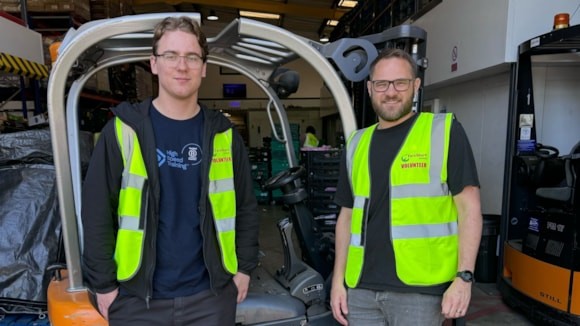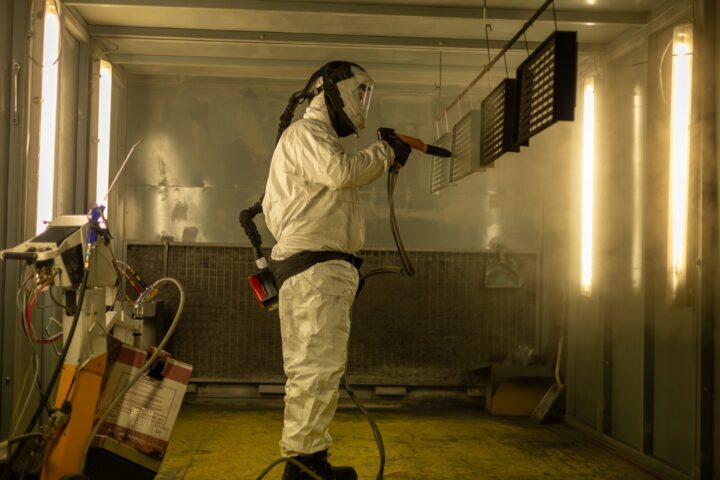A report from WPI Economics for the Aldersgate Group, the MCS Foundation, Phoenix Group and Santander UK found there were 76,000 jobs in England with skills relevant to heat pumps.
These roles included plumbers, pipefitters, manufacturing engineers and electricians.
Researchers said many people in these jobs were already in high demand, worked in small businesses or as sole traders, or were close to retirement.
The findings showed this made it difficult to retrain people or bring in new workers to fill the gap.
Without more investment in training, the Government’s Warm Homes Plan to upgrade five million homes by 2030 is at risk, according to data.
Rachel Solomon Williams, executive director at the Aldersgate Group, said: “Careful planning is needed to ensure that the workforce needed for housebuilding, energy efficiency and infrastructure avoids competing for similar occupations and skills.
“The acute shortage of skilled tradespeople is underlined by the fact that occupations accounting for 91% of the potential heat pump installation workforce appear on the Skilled Worker Visa Temporary Shortage List.”
Additionally, data found the heat pump workforce needs to grow from 4,543 full-time roles in 2023 to 41,000 by 2028 and 122,000 by 2035.
Researchers said it is not clear how these jobs will be filled.
Several policy recommendations were made, including creating more demand, better workforce planning, upskilling workers and opening new routes into the sector.
Bruno Garder, head of climate change and nature at Phoenix Group, said: “The government is due to announce the Warm Homes Plan in the coming weeks.
“This will be a critical policy package to further increase the demand for heat pumps across the country.
“To succeed, the plan must be complemented by measures, such as those recommended in this report, to help unlock barriers to upskilling existing workers and stimulate investment in training the next generation of workers.”
Looking ahead, the research called for strategic workforce planning, better data and clearer demand signals to anticipate training needs.
The findings also pointed to financial help for retraining, a heat pump skills passport, incentives for small and medium-sized enterprises (SMEs) to offer apprenticeships, and a national green heat careers campaign for young people.
Fiona Hyde, head of sustainability at Santander UK, said: “In recent years, we have seen a positive shift in the transition to net zero from ambition to delivery.
“In order to support that shift and see material changes being made, we must have a workforce with the necessary skills to deliver those ambitions.
“The level of training and apprenticeships in the heat pump sector are currently sitting below what’s needed.”
Hyde added: “The industry has a real opportunity to create good-quality jobs across the country, but government must act to ensure people can access them.”
Dr Richard Hauxwell-Baldwin, head of research, policy and campaigns at the MCS Foundation, said: “There is a huge opportunity to provide well-paid, meaningful jobs across the country in the heat pump sector if we invest in training now.
“There are already tens of thousands of people with the skills we need to power the transition to clean heating, but to tap into that potential support is needed for SMEs to take on apprentices and cross-train workers.
“Providing that support and certainty to employers will be vital in delivering the Government’s Warm Homes Plan and achieving a carbon-free future for our homes.”

















